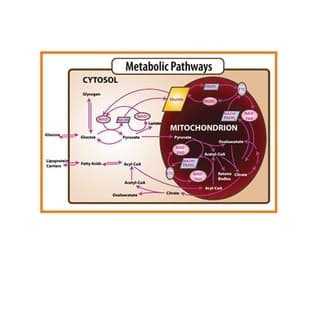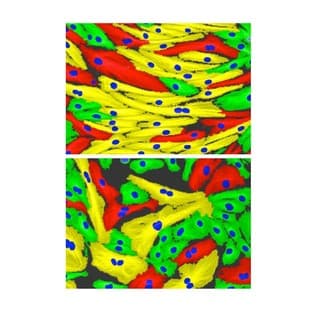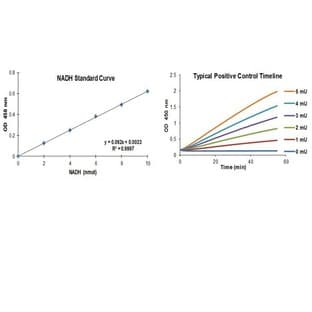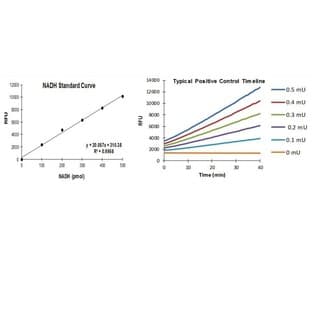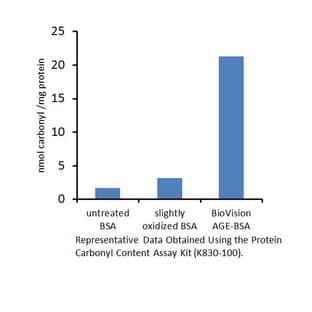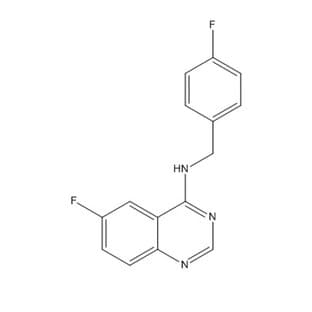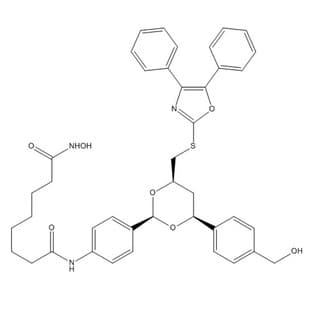
Supplier:
Alomone Labs Limited.Cat no: B-456
BUY Val66Met proBDNF (Mut-human)
Brain-derived neurotrophic factor (BDNF) is a neurotrophic factor that bind p75NTR as well as TrkB receptors. BDNF supports the survival of many cell types and also modulates hippocampal plasticity and hippocampal-dependent memory in cell models and in animals.
The BDNF gene, like other peptide growth factors, encodes a precursor peptide (proBDNF), which is proteolytically cleaved to form the mature protein. proBDNF has been shown to be a pro-apoptotic ligand for sympathetic neurons expressing both p75NTR and sortilin, and to be involved in long-term potentiation (LTP) stage of the memory-related modifications in synaptic transmission.
A nonconservative single nucleotide polymorphism (SNP) in the human BDNF gene has been identified at nucleotide 196 (G/A) producing an amino acid substitution (Valine to Methionine) at codon 66 (Val66Met, rs 6265). Although located in the 5' pro-BDNF region, this SNP resulted in striking deficits in the cellular distribution and regulated secretion of the mature protein, BDNF and hence in corresponding alterations of human hippocampal function and episodic memory in vivo.
Egan M.F. et al demonstrated the molecular mechanisms that control activity-dependent BDNF secretion and showed that depolarization-dependent secretion of BDNF in hippocampal neurons is significantly impaired when this Val66Met SNP occurs. Using double-staining techniques, they demonstrated that Val-BDNF-containing secretory granules are colocalized with synaptophysin, a marker for synapses. In contrast, Val66Met-BDNF aggregates are accumulated in the cell body and rarely colocalize with synaptophysin. This suggests that even if it can be secreted in small amounts near the cell body through the constitutive pathway, the Met-BDNF protein cannot be secreted at synapses. Studies of heterozygote BDNF knockout rodents, who presumably have intermediate BDNF levels, demonstrate clear physiological and behavioral abnormalities, suggesting that secretion levels are critical.
Multiple studies over the recent decades in humans, in vivo in animal models and in vitro found an association between the Val66Met polymorphism and bipolar and unipolar disorders, Schizophrenia, anxiety-related behavior and controversial association with ADHD.
The data emerged from the analysis of the Val66Met phenotype in various syndroms and diseases reveal the importance of the pro-region of the BDNF polypeptide, particular Valine66 and perhaps the nearby sequence, in intracellular trafficking and secretion of BDNF.
Prices direct from Alomone Labs Limited.
Quick response times
Exclusive Absave savings/discounts
Latest promotions
Buy any polyclonal or monoclonal antibody from our extensive range of pre-made antibodies and for a limited time only receive a $50 discount!(T&C apply:...
New brilliant antibodies, and new lower prices!For flow cytometry reagents in general, \"bright is better.\" The violet-excitable BD Horizon™ BV421 and...
10% Discount on 2 Rabbit Polyclonal Antibody Service. With over 20 years experience, SDIX has developed into the premier US custom antibody producer,...
For the past decade scientists have extensively used ATS secondary toxin conjugates to make their own targeted toxins for in vitro use.The ability to combine...
We're so sure that you'll prefer Cayman Assay kits over your present brand that we're willing to give you a free assay kit to prove it!
Did your supplier increase the price of Fetal Bovine Serum? Did they substitute the US Origin with USDA? Well say no more! Innovative Research is still...
Bulk Cytokines with Custom Vialing.20 - 50% off cytokines, growth factors, chemokines and more...For a limited time Cell Sciences is offering substantial...
Are you planning to have a customised antibody made for your research?Since 2000, Everest has been producing a catalog containing thousands of affinity...
Top suppliers
Agrisera AB
11 products
Biotrend
Biosensis
969 products
ABBIOTEC
3011 products
SDIX
1 products
Spring Bioscience
2291 products
Cell Signaling Technology
4976 products
Rockland Immunochemicals, Inc.
7592 products
Boster Immunoleader
1533 products
OriGene Technologies Inc.
5281 products
Maine Biotechnology Services
227 products
BD (Becton, Dickinson and Company)
1 products
ABNOVA CORPORATION
Randox Life Sciences
1502 products

